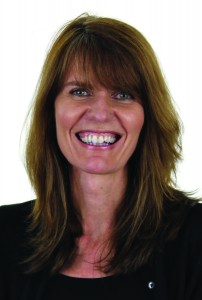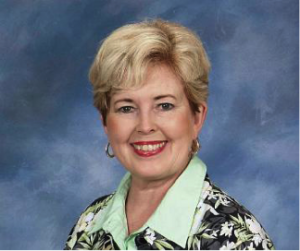
Caring for the World
By Ruth Burgner –
This January I read a report by Open Doors about countries where Christian persecution is most severe. It is heartbreaking data, representing massive injustice and suffering. Like other such reports, this one should have kicked off a whole kaleidoscope of emotions in me. But instead, I felt mostly numb. I wasn’t happy about that, but as it turns out, feeling numb is pretty normal.
I learned this from listening to an interview with Nicholas Kristof, a columnist for The New York Times. His work, at that time, was to write articles that would spark compassion in Americans for the atrocities in Darfur and Congo. Kristof remembered that New Yorkers then were more up in arms about a red-tailed hawk who had been evicted from a Central Park condo than hundreds of thousands of people being expelled from their homes. So to do his work, Kristof had to daily reckon with our tendency to shut our eyes to the world’s pain, which meant he had to become a student of compassion fatigue.
He told about a stunning experiment. Participants in this experiment were shown a photo of a starving girl from Mali. They wanted to give to help her. Then they were shown a photo of a needy boy and, similarly, they wanted to contribute to help him. But when they were shown the photo of both the girl and the boy, the donations dropped off. “What is kind of devastating,” said Kristof, “is that the number at which we begin to show compassion fatigue is when the number of victims reaches two!” Evidently, in ourselves, we don’t have capacity for a whole lot of compassion. So how can we care about our world when we can’t? Maybe we first have to be convinced that our caring – our investing or interposing ourselves in some way – is of any importance, that it matters.
I remember when I was a kid at camp meeting. My brothers and I could hear “old” people praying and weeping in the tabernacle until late into the night. They were moaning and crying out to God on behalf of someone who had knelt at the altar hours earlier. I thought all that late-night ruckus was just a curiosity. Now I think it’s how the world gets changed.
Old Testament scholar Dr. Dennis Kinlaw writes, “[T]he key to every person’s well-being and salvation rests outside of himself [or herself] in somebody else.” Huh?
There is a mediatorial principle in God’s work, Kinlaw explains. For example, we don’t come to the Father on our own. We come through Jesus. “All things come to us from the Father, through the Son, by the Holy Spirit.” In prayer, says Kinlaw, this mediatorial principle is also at work. “The Hebrew verb most commonly translated as ‘pray’ is hithpallel, which means ‘to interpose oneself.’… So at the heart of the Old Testament concept of prayer is the mediatorial idea of standing between two persons or interposing oneself to facilitate dialogue between them.”
Those who interpose themselves between God and the world’s needs are very important. Again and again, the Old Testament shows God searching for an intercessor. It seems as if God has so ordered his world that he seeks another to interpose, someone to be a conduit, someone “through whom the sin of the world and the grace of God can meet.” Wow!
So maybe we don’t think that our caring matters. But the Scripture tells us otherwise. One person, willing to intervene, can change things in the life of another. Through prayer, says Kinlaw, “something can happen in my heart that can make a difference in someone else’s circumstances…. If we come to the place where somebody else is more important in his well-being than we are, and we are ready to pour ourselves out ‘like a drink offering,’ as Paul says, that other person’s circumstances automatically begin shifting, and possibilities go there that were not there before that person became our burden.”
In the end, it seems a secret to caring is knowing that one person can make a difference. God is still looking for an intercessor.
Ruth A. Burgner is the senior communications director of TMS Global (tms-global.org). Some of the quotations here are taken from Prayer: Bearing the World as Jesus Did, by Dennis F. Kinlaw and Christiane Albertson (Francis Asbury Press).


